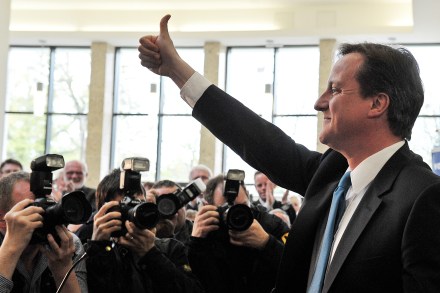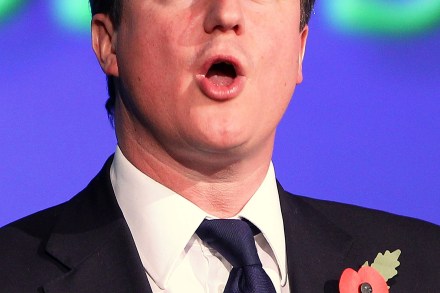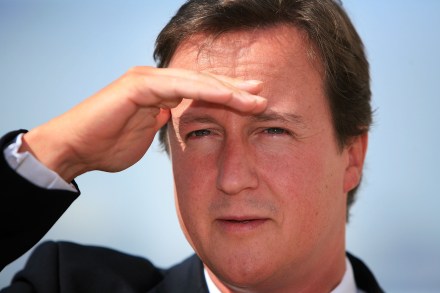The kiss of death | 19 November 2010
Oh dear. On Wednesday night, we at The Spectator saw David Cameron handing Lord Young his Spectator/Threadneedle Parliamentarian of the Year in the category of Peer of the Year. “Over the decades,” said yours truly, “Prime Ministers have come to value his advice. As Thatcher put it: ‘other people bring me problems, David brings me solutions.’” Not any more – David has brought him a problem, followed by a resignation. Less than 48 hours after picking-up our award, his political career appears to be at an end. It is true that there are some people who have had a “good recession”. That is: faced no danger of losing their

















